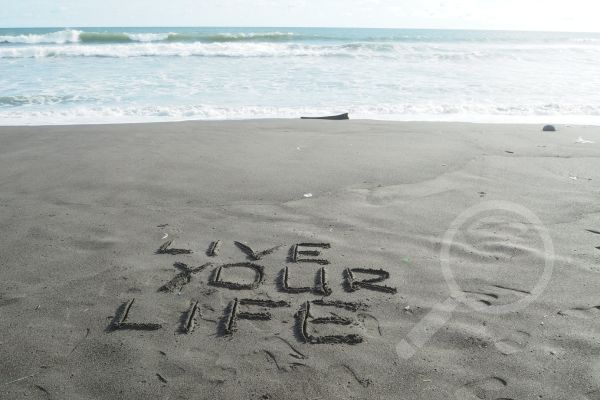“`html
Life after rehabilitation presents a unique mix of excitement and challenges for those in recovery. Finishing a drug addiction program marks an important milestone, but it is only the start of a new journey. Being aware of what to expect during recovery after rehab can help you successfully navigate this transition, maintain sobriety, and create a rewarding life.
Key Differences in Transitioning from Rehab to Daily Life
Moving from a structured rehab setting to everyday life can feel overwhelming. Many individuals experience a blend of emotions, such as hope, anxiety, and uncertainty, as they reintegrate into society post-rehab. This phase is crucial for laying a strong foundation for recovery, requiring a balance between meeting daily life’s demands while implementing strategies to prevent relapse and continuing the path of addiction recovery.
Adjustments to Routine
Addiction treatment centers provide a highly organized environment, particularly in inpatient programs. This structure serves a purpose; it lessens decision fatigue and lets individuals focus on healing. A major adjustment after rehab is facing the absence of this external structure.
This newfound freedom can be one of the most precarious challenges for those in recovery. With freedom comes the necessity for self-discipline and accountability, along with the potential for making poor choices. One of the most effective steps to take after rehab is to establish new daily routines that reinforce your commitment to sobriety. This could involve sticking to consistent sleep schedules, taking part in healthy activities, and steering clear of triggers linked to past substance use.
Alterations in Support Systems
Within the rehab setting, you benefit from a built-in network of support, including staff, therapists, doctors, and fellow patients. Once outside, it’s not guaranteed that this level of support will continue. For some, geographical distance from the treatment facility poses challenges to maintaining those connections. Additionally, real life can become hectic, making it difficult to find the time to seek out support.
However, losing the safety net of a rehab support network doesn’t have to be unsettling. Work on rebuilding relationships with family and friends, setting clear expectations (and boundaries if necessary) about how they can best assist you. You can also cultivate a new community through support groups like Alcoholics Anonymous (AA) or Narcotics Anonymous (NA), which offer a sense of belonging and shared experiences.
Facing Triggers
One of the most significant transitions after rehab is encountering your triggers— the situations, feelings, or environments that could lead to cravings or relapse. Ideally, treatment programs will include psychological counseling, helping patients work with mental health professionals to uncover the roots of their addiction and learn to navigate around them. A primary focus of this work is understanding personal triggers and figuring out strategies to deal with them.
Leaving rehab means you’ll put all that practice into effect, but discussing triggers in a secure setting is different from dealing with them in the unpredictable landscape of everyday life. Continuing to collaborate with a therapist outside of rehab can be invaluable for effectively managing triggers. On your own, embracing mindfulness and remaining dedicated to applying the tools learned during treatment are essential elements in achieving lasting success after rehab.
Continue Your Support with an Intensive Outpatient Program (IOP)
An Intensive Outpatient Program (IOP) can provide important assistance for those transitioning from rehab back into their daily lives. IOPs deliver a structured support system while allowing participants to uphold other responsibilities like work or school.
They offer flexible scheduling, enabling individuals to attend therapy sessions alongside other commitments, while maintaining a therapeutic atmosphere. The IOP also emphasizes teaching relapse prevention techniques and coping strategies, arming individuals with the skills needed to face obstacles during their recovery journey.
Recovery is an ongoing process, and with the right support and resources, it can lead to a satisfying and sober life. Embracing this new phase with optimism and resolve can pave the way for a brighter future free from addiction’s grasp.
“`


